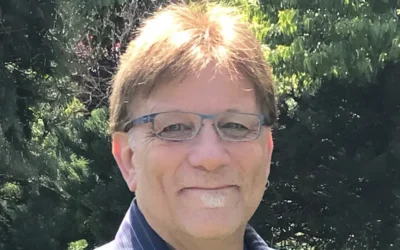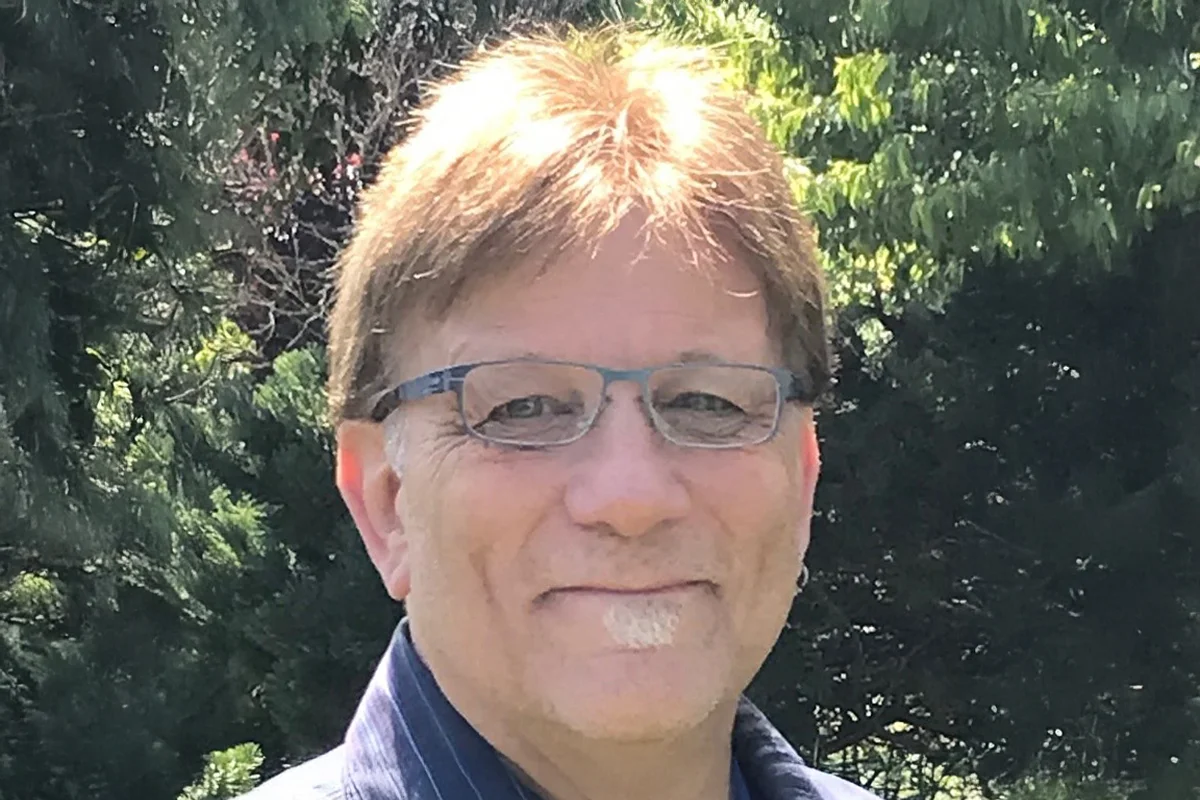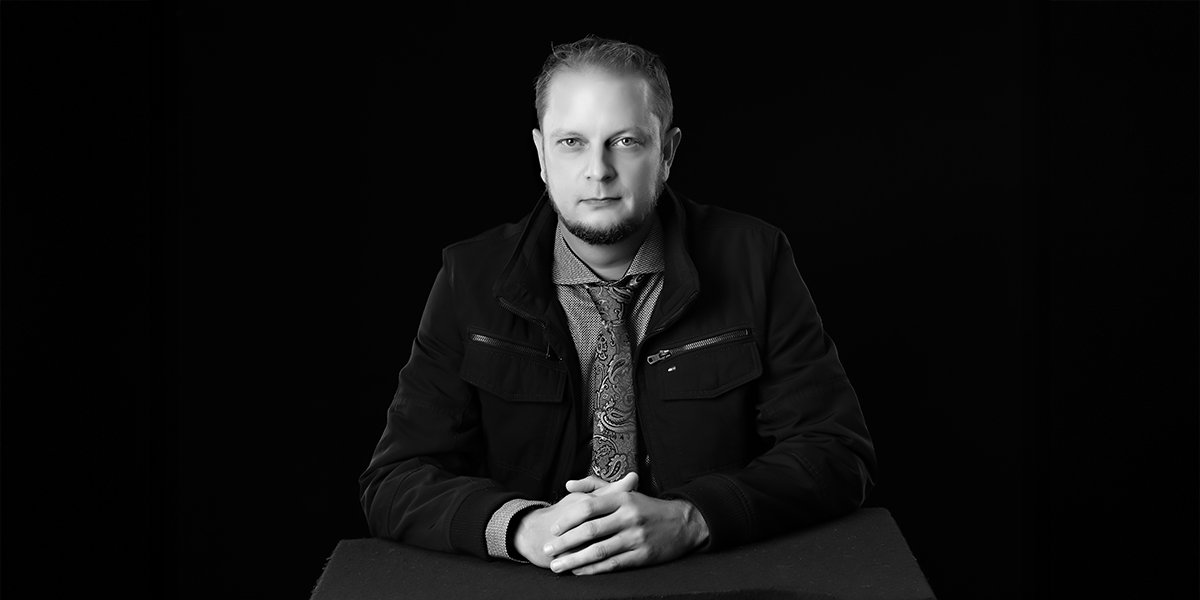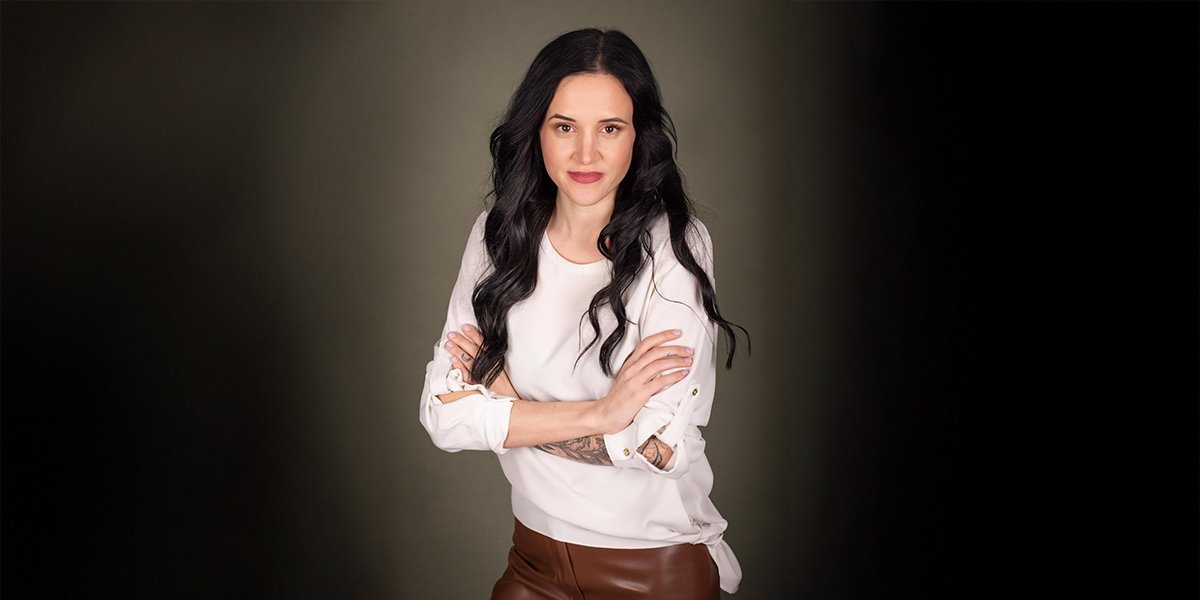Leonie Kelsall Brings Heart, Healing, and the Australian Landscape to Life Through Her Unforgettable Stories
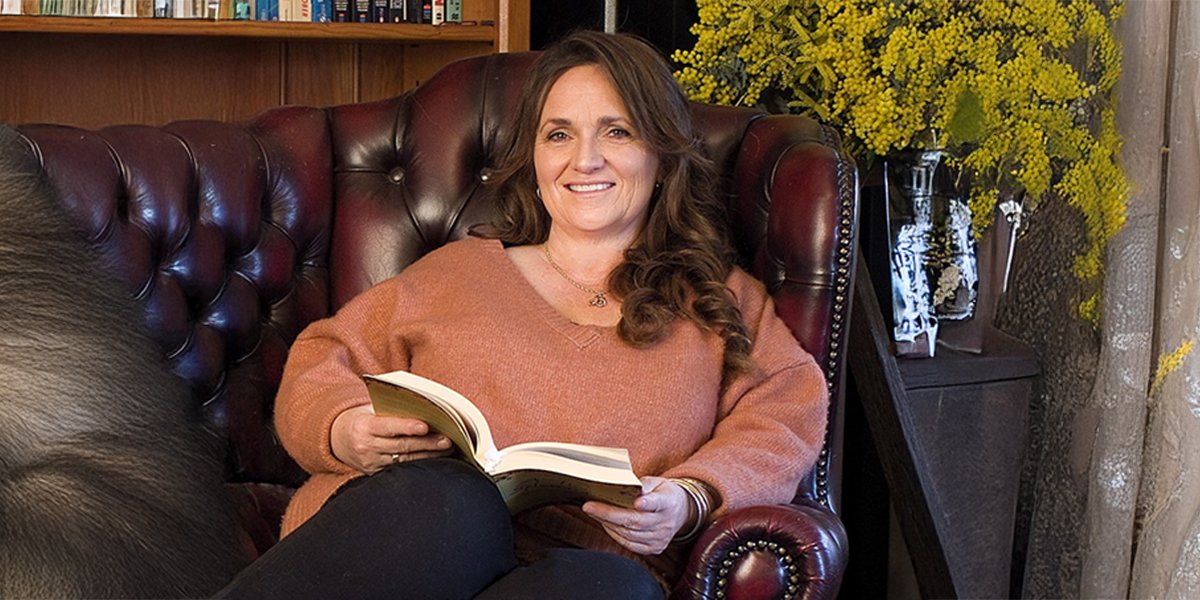
PHOTO: Leonie Kelsall, bestselling author of heartfelt rural fiction, whose stories capture the soul of Australia’s countryside and the resilience of its people. Credit: RossCo Photography
Leonie Kelsall discusses how her rural upbringing, counselling background, and love for the South Australian landscape inspire her heartfelt characters, emotional storytelling, and dual writing careers in rural romance and outback noir.
Leonie Kelsall is a true master of heartfelt storytelling, capturing the spirit of rural Australia with an authenticity and tenderness few can match. Her novels pulse with the raw beauty of the landscape, the complexity of human emotion, and the quiet resilience of those who call the countryside home. With each book, from the beloved The Farm at Peppertree Crossing to the emotionally resonant Wings Above the Mallee, Kelsall invites readers into worlds where love, healing, and personal growth bloom against even the harshest backdrops.
What sets Kelsall apart is her remarkable ability to craft characters so vivid and layered that they linger long after the final page is turned. Drawing on her background in counselling and her own rural upbringing, she infuses her stories with a rare emotional depth, offering narratives that are as restorative as they are compelling. Whether exploring the tender journeys of rural romance or the shadowy intrigue of outback noir under her other pen name, Leonie Kelsall’s work reminds us that there is beauty in brokenness and hope in even the most isolated places.
In this exclusive interview, Kelsall shares insights into her creative process, the profound role of the South Australian landscape in her work, and the emotional truths that drive her unforgettable stories.
Leonie Kelsall crafts deeply emotional, authentic stories with unforgettable characters, blending heart, resilience, and breathtaking rural landscapes into every novel.
How has your rural upbringing influenced the settings and characters in your novels?
Growing up on a wheat and sheep farm in the South Australian Mallee left an indelible imprint on me. The land itself becomes a character in my stories—its harsh beauty, its unforgiving seasons, and the deep sense of community that arises when you live kilometres from your nearest neighbour. That upbringing taught me resilience, but also how trauma and tenderness can coexist. My characters reflect the people I grew up around: hardworking, flawed, and quietly heroic. I want readers to feel the grit of red dust on their skin and the pulse of a rural heart beating in every page.
What inspired you to begin writing rural romance and outback noir under different pen names?
I’ve always been fascinated by the duality of rural life—the deep connection to land and community, but also the shadows that can fester in isolation. Writing rural romance allows me to explore healing, love, and connection, often rooted in personal growth. Outback noir, under my other pen name, lets me delve into the darker corners of the human psyche. Having different pen names helps readers know what emotional journey to expect, while still allowing me to honour all facets of country life—the tender and the terrifying.
“The land itself becomes a character in my stories.” — Leonie Kelsall
How do you balance your counselling practice with your writing career?
Poorly – time is always in short supply! But counselling keeps me grounded in the real emotional struggles people face, and that feeds directly into my writing. I usually write in the morning, before my ‘work day’ starts, and the creative work becomes a form of self-care. There’s a rhythm to both practices—deep listening, empathy, and the search for truth. Holding space for clients helps me write more compassionate characters, while writing gives me a way to process and share emotional truths in a broader, sometimes gentler way.
Can you tell us about the role nature and the South Australian landscape play in your storytelling?
The landscape isn’t just a backdrop—it’s integral to the story. The South Australian mallee is raw, wild, and stunning in its solitude. Nature mirrors the emotional terrain of my characters: the dry, cracked earth of grief, the sudden green flush of hope after rain. The land shapes people, forcing them to be strong, sometimes guarded, but also deeply loyal. I want readers to not only see but feel the country—to smell eucalyptus in the heat, hear galahs squabbling at dusk, and understand the rhythm of seasons that govern rural life.
How do you approach developing complex, emotionally rich characters like Amelia and Heath in Wings Above the Mallee?
For me, characters always start with emotion—what pain are they carrying, and what do they long for? Amelia and Heath both arrived fully formed, scarred by their pasts but yearning for connection. I dig deep into their emotional wounds and ask, “What would healing look like for you?” Their growth is never linear—just like in real life. I want readers to feel their frustration, their hope, their courage. My background in counselling helps me write characters who aren’t perfect but who are trying their best, which is often the most heroic thing of all.
“Characters always start with emotion—what pain are they carrying, and what do they long for?” — Leonie Kelsall
What challenges have you faced when transitioning between writing rural romance and more suspenseful stories?
The biggest challenge is shifting emotional gears. Rural romance is steeped in personal growth and heart, while outback noir demands a tighter, darker focus. It’s a matter of tone and pacing—romance allows more breathing space; suspense needs a constant undercurrent of tension. That said, the core is the same: exploring human emotion and resilience. Sometimes I have to consciously switch mindsets—softening edges or sharpening them. But both genres feed my creative soul, and writing in one often refreshes my perspective in the other.
Which of your characters do you feel most personally connected to, and why?
I feel a strong connection to almost all my characters, but Anna from The Homestead in the Eucalypts holds a special place, because I dreamed of her story each night and wrote the book in record time – thirty days – as I was desperate to know what became of her.
How do you research rural life and farming practices to keep your stories authentic?
Much of it comes from lived experience, but I also stay current by chatting with farmers, attending field days, and reading agricultural publications. I’ll ask questions of friends still on the land or pick the brains of local experts when I’m unsure. Authenticity matters deeply to me—not just the technical details, but the emotional truth of life on the land. Readers can tell when something rings false, and I want them to feel seen and respected, especially those living the life I’m portraying.
“Authenticity matters deeply to me—not just the technical details, but the emotional truth of life on the land.” — Leonie Kelsall
What message or feeling do you hope readers take away from your books?
I hope readers walk away feeling understood, uplifted, and a little more connected—to themselves, to each other, and to the land. Life is messy and often painful, but there’s beauty in brokenness and strength in vulnerability. Whether it’s healing, hope, or simply the comfort of being transported to a place that feels like home, I want my stories to linger like the scent of rain on dust. At the heart of everything I write is the belief that people can grow, change, and find love—even in the unlikeliest places.
What advice would you give to aspiring authors looking to write heartfelt, character-driven fiction?
Start with honesty. Write the stories that scare you a little—the ones that make your chest ache and your fingers tremble on the keyboard. Characters should feel like real people, with flaws and fears, not just vehicles for plot. Listen deeply to those around you, and don’t be afraid to mine your own emotional truth. And most importantly, keep going. Writing is often lonely, sometimes disheartening, but if you stay true to your voice, you’ll reach the readers who need your story. That connection is worth every moment of doubt.

